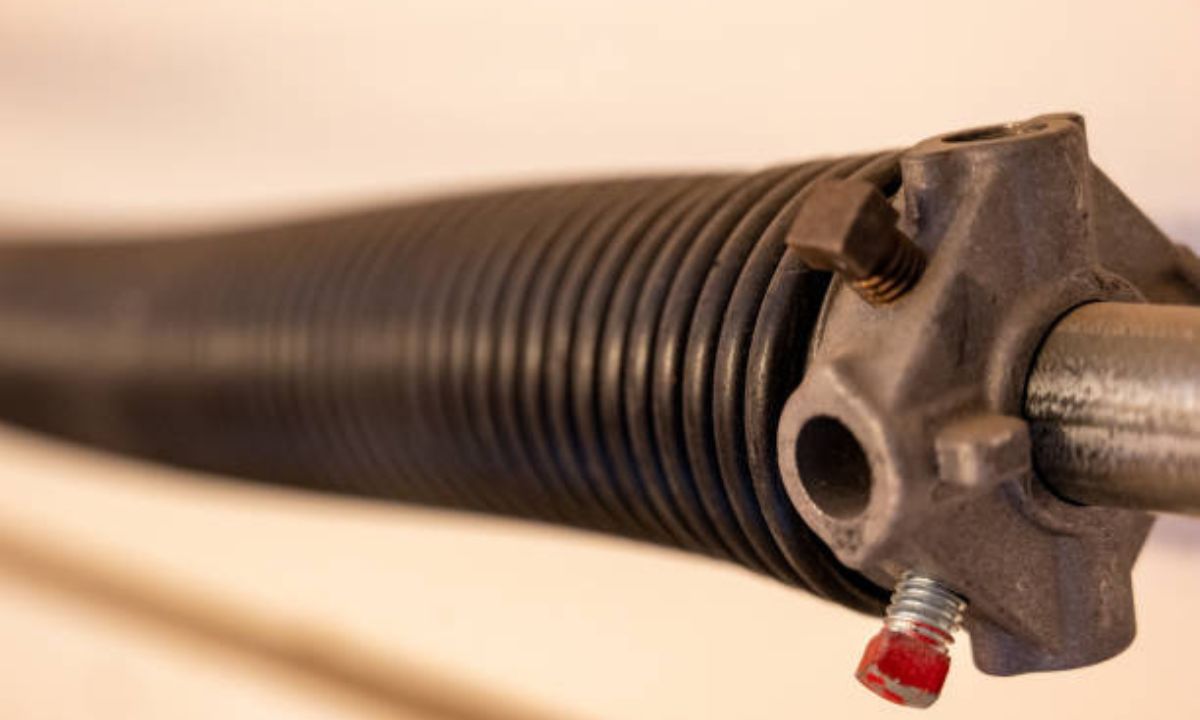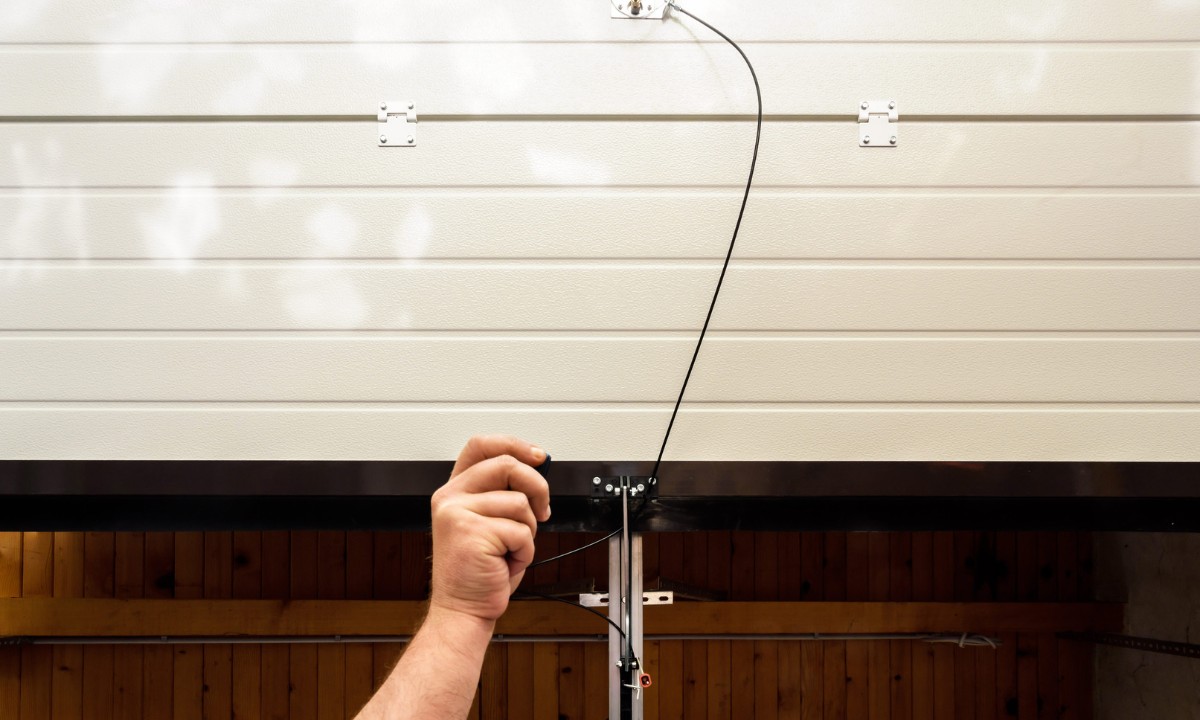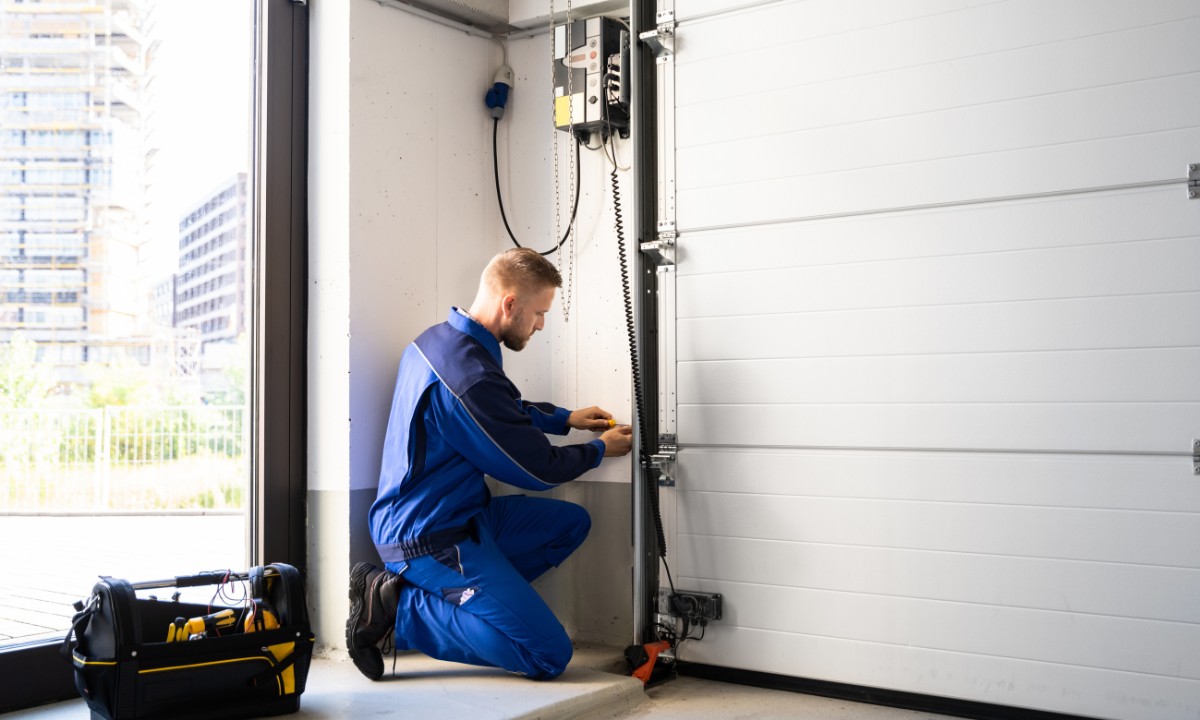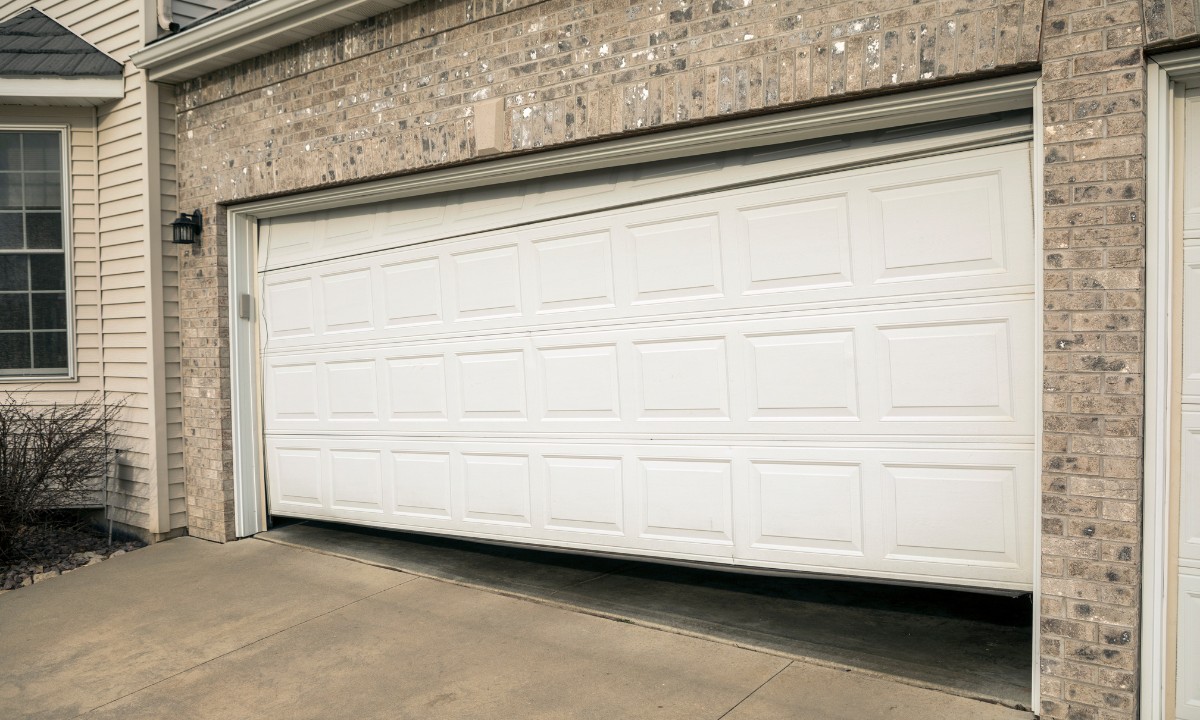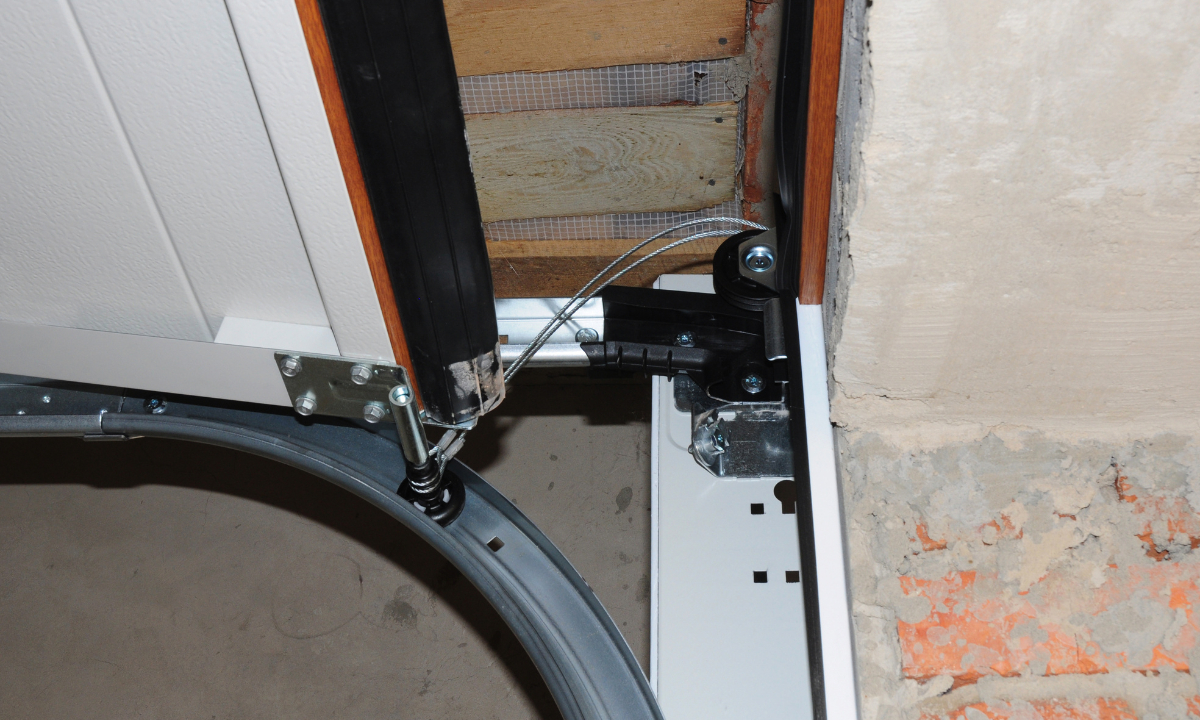Knowing How Durable Garage Door
Springs Are in Thornton, Colorado
Introduction
Thornton, Colorado, is a quickly
expanding community renowned for its varied climate, which includes chilly
winters and scorching summers. Thornton homes depend on garage door systems for
security and convenience, and the springs that support the door's weight are
vital to the system's functionality. The kind of springs used, how well they
are cared for, and the weather they experience are all factors that affect how
long garage door springs last.
An Overview of Thornton, Colorado's
Spring Durability
The lifetime of garage door springs
can be impacted by Thornton's climate. Springs can become brittle in cold
weather and expand and lose tension over time in hot weather. Homes in Thornton
can prolong the life of their garage door systems and save money on repairs by
being aware of the lifespan of various spring kinds and how to maintain them.
Contact Information
Call David Garage Door Spring Repair
at 720-637-1313 for expert garage door spring services in Thornton.
Different Spring Repair Types
There are two main types of springs
used in garage doors, and their durability varies
Torsion Springs
Known for their sturdiness and
flawless functioning, torsion springs are positioned horizontally above garage
doors. The intended lifespan of these springs is approximately 10,000 cycles,
wherein a single cycle consists of a whole door opening and closing. For homes
where the garage door is used regularly, high-cycle torsion springs are an
option because they are more durable and have a longer lifespan.
Extension Springs
The garage door's extension springs,
which are found on either side, stretch when the door opens and closes. They
are more prone to wear and strain and, in general, less resilient than torsion
springs, particularly in harsh weather. Although extension springs normally
have a 7,000-cycle lifespan, frequent maintenance and the use of
weather-resistant materials can extend their lifespan.
Typical Problems
The durability of garage door
springs can be impacted by a number of factors, which can cause premature wear
or failure
Climate
In Thornton, low temperatures can
cause garage door springs to become brittle and fail more frequently, while
high temperatures can cause springs to sag and lose tension. Springs exposed to
precipitation or snowmelt may rust, weakening the metal and shortening its
lifespan.
Use Frequency
The springs in a garage door will
deteriorate more quickly the more times it is opened and closed. Springs will wear
out more quickly in homes who use the garage door as their primary point of
entry than in homes that use it less frequently.
Poor Maintenance
Springs are susceptible to early
failure if they are not routinely lubricated or examined for wear. Garage door
springs can last longer with routine care, which includes lubricating them with
a silicone-based lubricant and looking for rust or tension loss.
Poor-Quality Springs
Although they could be less
expensive, low-quality springs are more likely to break easily. Purchasing
premium springs can greatly increase durability and lessen the need for
replacements, especially in houses where garage doors are used frequently.
Replacing Springs
It's crucial to replace garage door
springs with sturdy models that can tolerate Thornton's weather and frequent
use:
Selecting Durable Springs
High-cycle torsion springs are a
wise purchase for Thornton homeowners, particularly for garage doors that are
used frequently. Unlike regular torsion or extension springs, these springs are
made to withstand more cycles and have a longer lifespan. Springs that have
been treated with a protective coating to withstand rust can also help fend off
the damaging effects of moisture and prolong the life of the system.
Frequent Professional Inspections
and repairs
Professional inspections on a
regular basis can help detect worn springs before they totally fail, enabling
prompt repairs that stop more damage to the garage door system. It is time to
think about replacing springs if they exhibit rust, stretching, or loss of
tension in order to prevent an unexpected breakdown.

